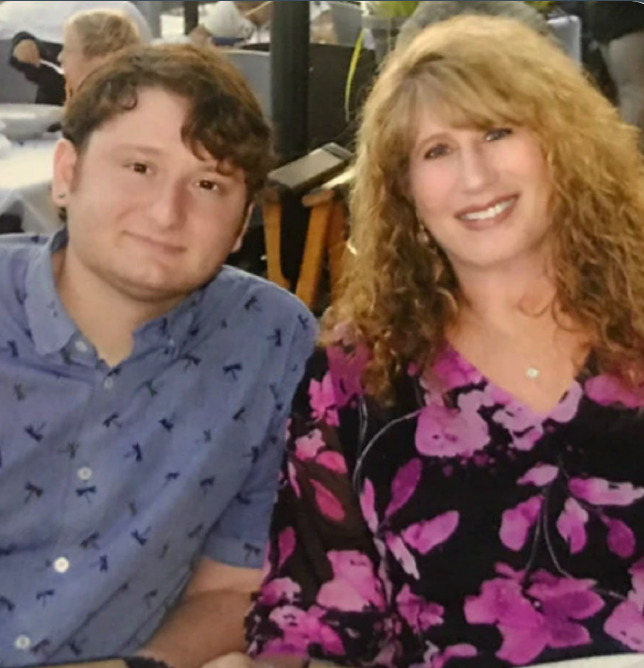Roneet Lev, MD
IEPC Executive Director
SB 864 Tyler’s Law was signed by Governor Newsome in September, 2022. Starting January 1, 2023, all hospitals in California must include fentanyl whenever a urine drug screen is ordered.
Tyler visited a emergency department in California and was assured that his drug screen was negative. Tyler’s mother Juli asked the emergency physician if the drug test included fentanyl and was given false reassurance. The emergency doctor did not realize that an opiate drug screen does not cover synthetic opioids such as fentanyl.
Juli Shamesh, Roneet Lev and Senator Melisssa Melendez are three mothers who came together
with difference expertise to carry and pass this law.
Tyler’s law does not require drug testing, it just requires fentanyl to be included along with THC, Methamphetamine, Benzodiazepines, or whatever the hospital is currently including. The fentanyl reagent costs 75 cents, a minimal financial investment. The California ACEP website includes a fentanyl testing tool kit to teach hospital laboratories how to test for fentanyl.

Here are some ways a positive fentanyl test can affect your clinical interaction with patients.
- Inform your patient of their positive test. Some patients knowingly use fentanyl, but others may think they are using methamphetamine, cocaine, Xanax, Adderall, Marijuana, or something else. When you tell your patients that they tested positive for fentanyl,
they may go home and act upon that information. They may dispose of counterfeit pills saving other people or decide to make a change in their life. - Provide a prescription for naloxone to the patient, family or friends. Anyone who uses drugs, any drugs, should have naloxone. Naloxone only works for opioids, but fentanyl has infected a vast part of all drugs and therefore is indicated. Just like giving antibiotics to STD partners, you should give naloxone to family and friends who use drugs.
- A positive test for fentanyl is an opportunity to talk about addiction treatment. Patient may have an opioid use disorder and warrant connection to Medication Assistant Treatment. If not addicted to opioids, they may warrant treatment for substance use disorder. Starting this conversation in the emergency department can make a big impact, especially coming from the doctor.
- New story from OC Register
- Fox LA – California becomes 1st in US to include fentanyl testing in ER
- High Truths on Drugs and Addiction Podcast #99 will feature the 3 Moms who helped pass Tyler’s law.
